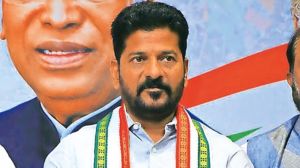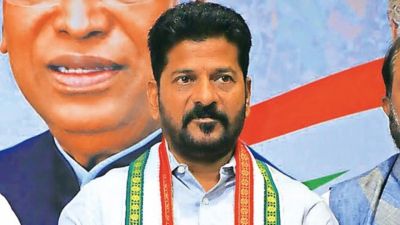Modi, in his statement to Putin in a bilateral meeting on the margins of the Shanghai Cooperation Organisation summit in Samarkand in September this year, had said “now is not the time for war”, referring to the war between Russia and Ukraine.

Adopted Wednesday, the G-20 communique said, “This year, we have also witnessed the war in Ukraine further adversely impact the global economy. There was a discussion on the issue. We reiterated our national positions as expressed in other fora, including the UN Security Council and the UN General Assembly, which, in Resolution No. ES-11/1 dated 2 March 2022, as adopted by majority vote (141 votes for, 5 against, 35 abstentions, 12 absent) deplores in the strongest terms the aggression by the Russian Federation against Ukraine and demands its complete and unconditional withdrawal from the territory of Ukraine.”
Story continues below this ad
“Most members strongly condemned the war in Ukraine and stressed it is causing immense human suffering and exacerbating existing fragilities in the global economy — constraining growth, increasing inflation, disrupting supply chains, heightening energy and food insecurity, and elevating financial stability risks,” it said.
Referring to Russian and Chinese views, it said, “There were other views and different assessments of the situation and sanctions. Recognising that the G20 is not the forum to resolve security issues, we acknowledge that security issues can have significant consequences for the global economy.”
The communique said, “It is essential to uphold international law and the multilateral system that safeguards peace and stability. This includes defending all the Purposes and Principles enshrined in the Charter of the United Nations and adhering to international humanitarian law, including the protection of civilians and infrastructure in armed conflicts. The use or threat of use of nuclear weapons is inadmissible. The peaceful resolution of conflicts, efforts to address crises, as well as diplomacy and dialogue, are vital. Today’s era must not be of war.”
Talking about India’s role in the G-20 summit both in terms of Prime Minister’s interventions during the summit, as also during the negotiations of the outcome document, Foreign Secretary Vinay Kwatra said, “India played a key role in the successful negotiations of the outcome document.”
He outlined that India’s approach was very “constructive, cooperative, and in that consensus building”, across the whole range of issues, which were negotiated in the outcome document.
Story continues below this ad
“Naturally, the outcome document was being negotiated in a particular global context and that global context did find mention in the outcome document also during negotiations, and there I would say that Prime Minister’s message that this is not the era of war, and the best way to return to the path of dialogue and diplomacy, to resolve the conflict resonated very deeply across all the delegations and helped bridge the gap across different parties and contributed to the successful outcome of the document.”









